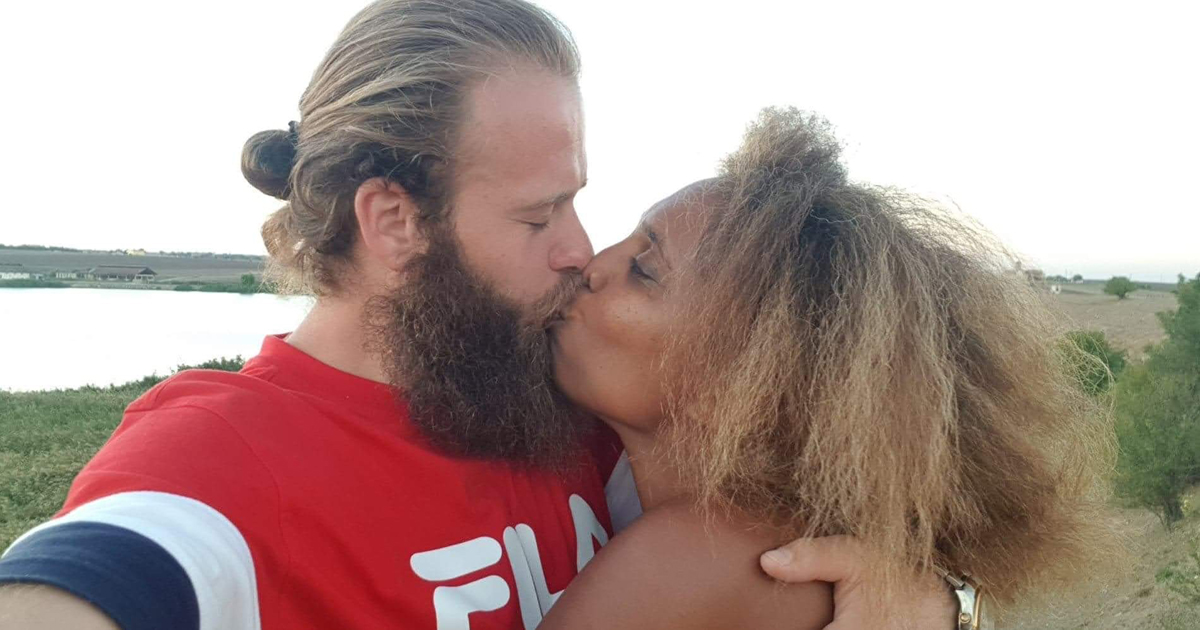
Dating while living with HIV can be empowering, joyful, and deeply fulfilling—but it also comes with moments of vulnerability, especially when it comes to disclosure. One of the most common questions people ask is: "When is the right time to tell someone I'm dating that I have HIV?" The truth is, there's no one-size-fits-all answer. But there are guiding principles that can help you navigate this with confidence, care, and self-care.
Timing Is Personal—Not Prescribed
There's no legal requirement in the UK to disclose your HIV status before a first date, or even before intimacy, as long as you're practising safer sex and/or have an undetectable viral load (thanks to effective treatment). But emotionally, disclosure is about more than legalities—it's about trust, safety, and mutual respect.
Some people choose to share early, even before meeting in person. Others wait until they've built a connection. Both are valid. What matters most is that you feel ready, and that the setting allows for a respectful, private conversation.
Ask Yourself: What Do I Need to Feel Safe?
Before disclosing, consider:
- Do I feel emotionally safe with this person?
- Have they shown empathy, curiosity, or openness around health or difference?
- Am I disclosing because I want to, or because I feel pressured?
Disclosure should never feel like a test or a confession. It's a sharing of truth, not a surrender of power.
How to Say It: Keep It Clear, Grounded, and Empowered
You don't need to explain everything about HIV. A simple, confident statement can go a long way:
"I want to share something important with you. I'm living with HIV, and I'm healthy and on treatment. My viral load is undetectable, which means I can't pass it on. I'm telling you because I respect you and want to be honest."
You can tailor this to your voice, but the key is clarity and confidence. You're not asking for permission—you're offering truth.
What If They React Badly?
It's painful, but not uncommon. Stigma still exists, and not everyone is informed or emotionally mature enough to respond well. If someone reacts with fear, judgement, or rejection, remember: that's about them, not you.
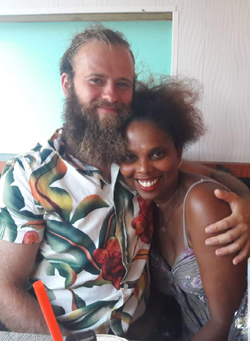
You deserve connection with people who see your whole self—not just your diagnosis.
Disclosure Is a Doorway, Not a Wall
When done with care, disclosure can deepen intimacy, build trust, and challenge stigma. It's a brave act of self-love and advocacy. Whether the relationship continues or not, you've honoured your truth—and that's powerful.
Final Thought:
You are more than your status. You are worthy of love, respect, and joy. Disclose when you feel ready, and never forget—you're not alone.
Louise Vallace is the Founder and CEO of Aunty Lou's House Limited, a vibrant platform dedicated to supporting individuals living with HIV and challenging societal stigma.
She hosts the inspiring podcast "Aunty Lou's Hour", where she interviews people from around the world about their HIV journey. She also goes onto the streets and talks to the public directly about HIV to open up a public dialogue about HIV.
Beyond her work in HIV awareness, Louise is a certified Yoga Teacher and Intersection Coach, blending mindfulness and inclusivity into her practice. She is a proud neurodivergent and follows a plant-based diet.
Learn more about Aunty Lou's House and get your free empowerment toolbox.
For more social content you can follow Aunty Lou's House on Instagram, YouTube, TikTok, Facebook and LinkedIn.


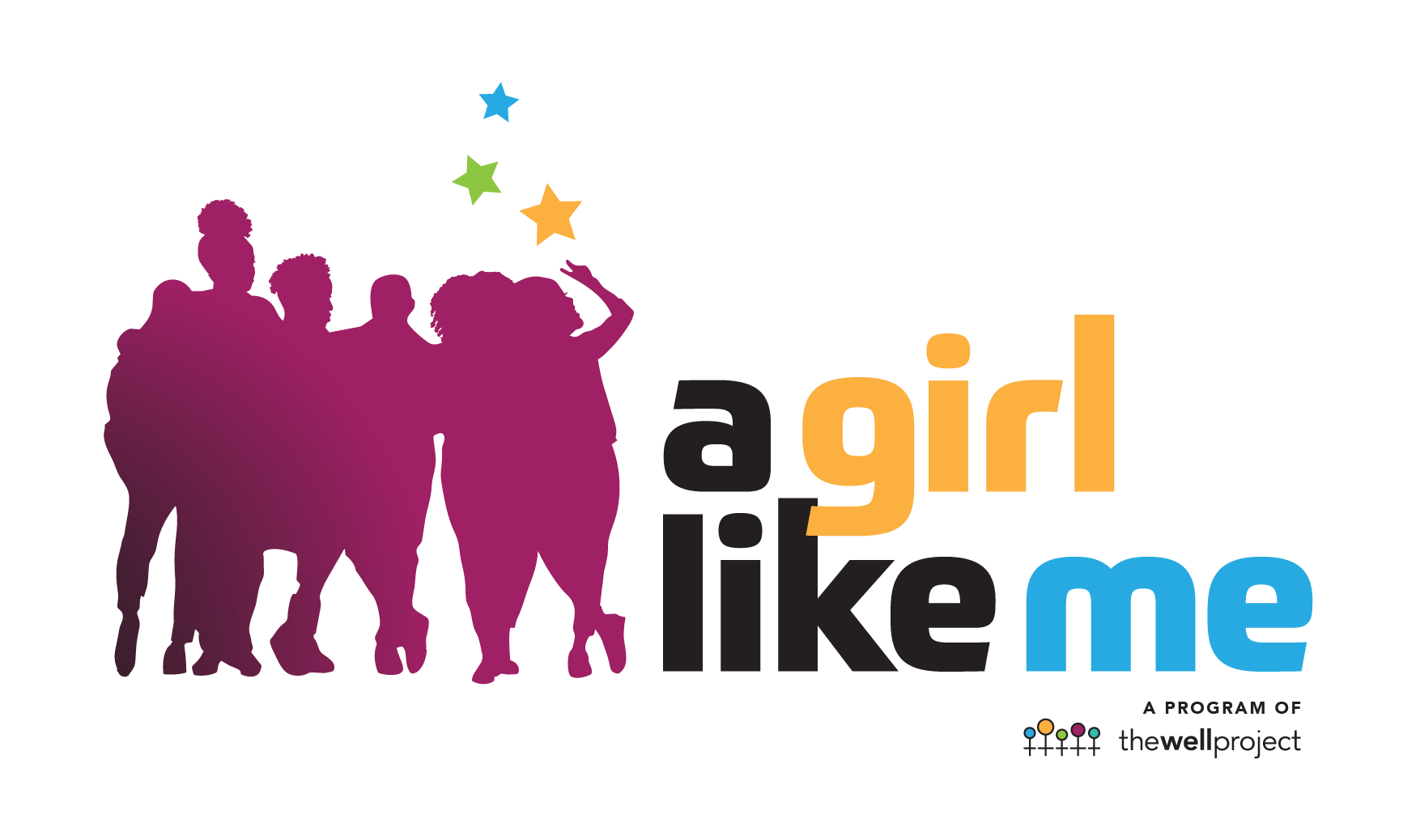
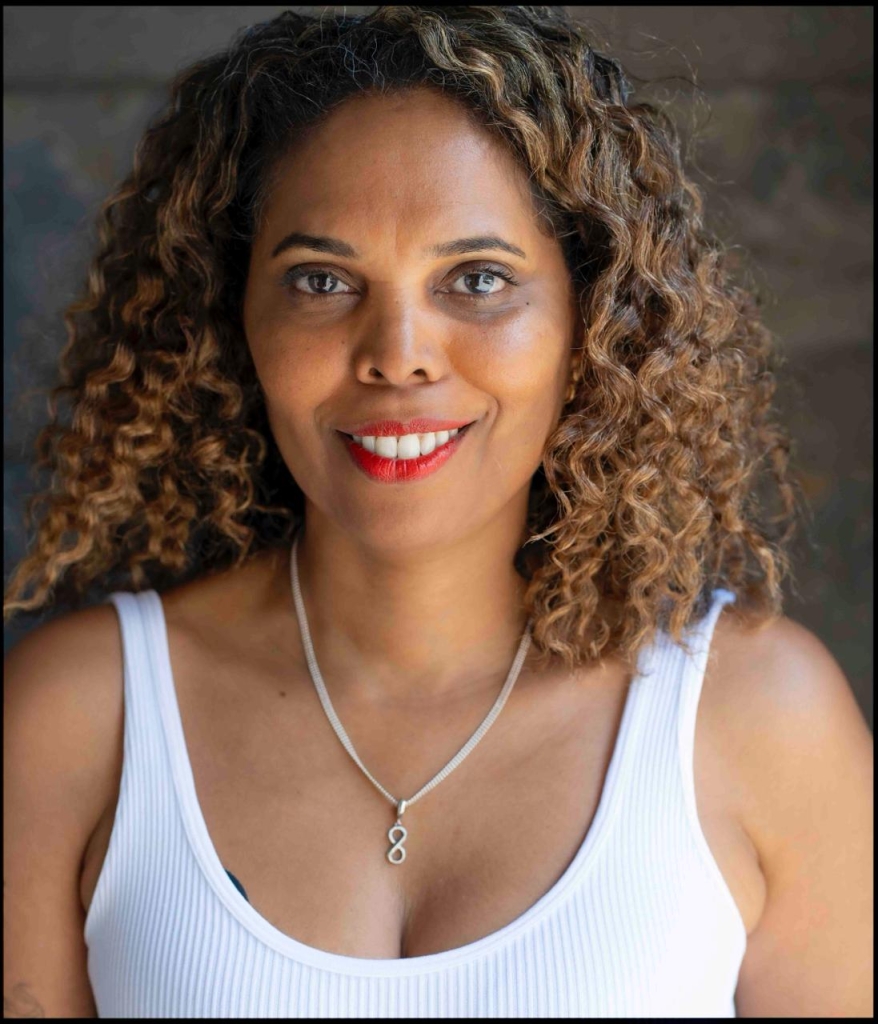


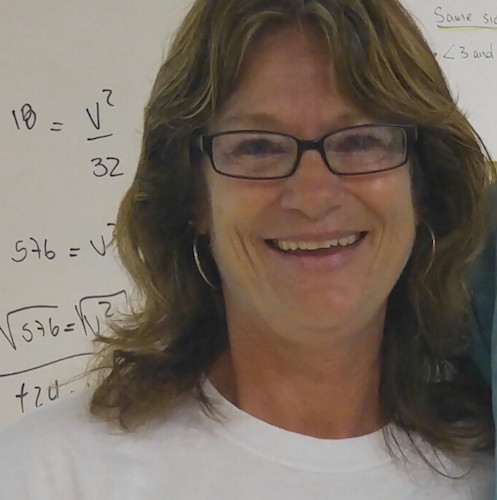
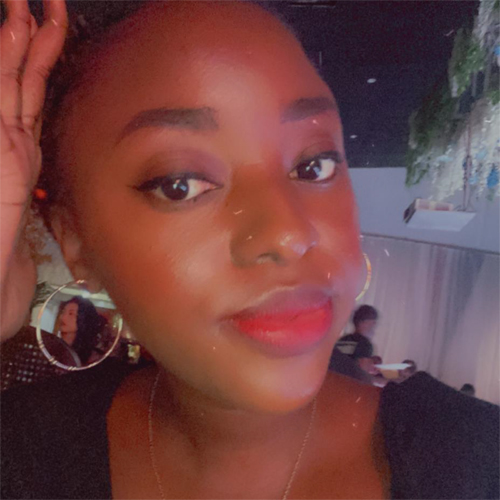
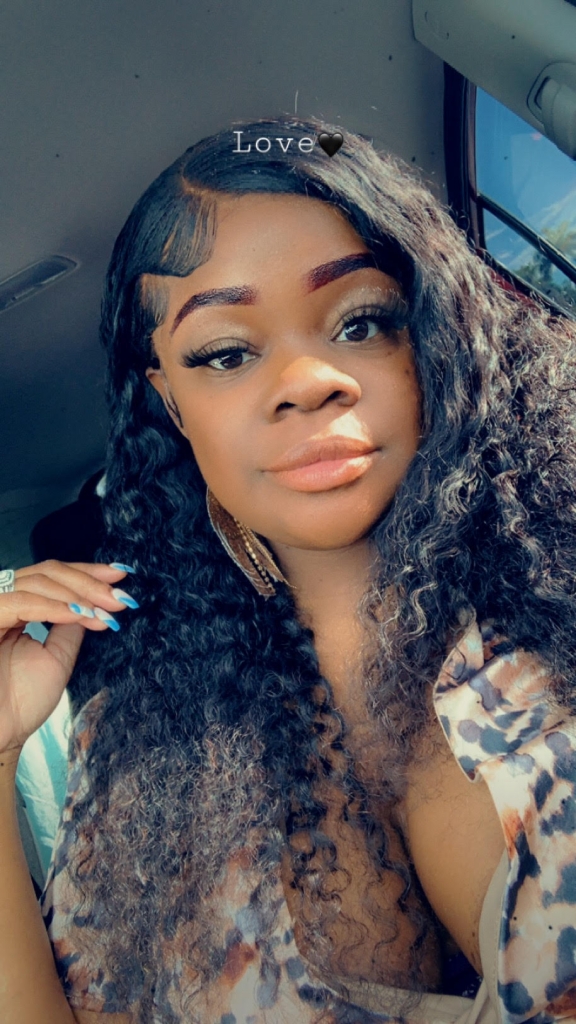
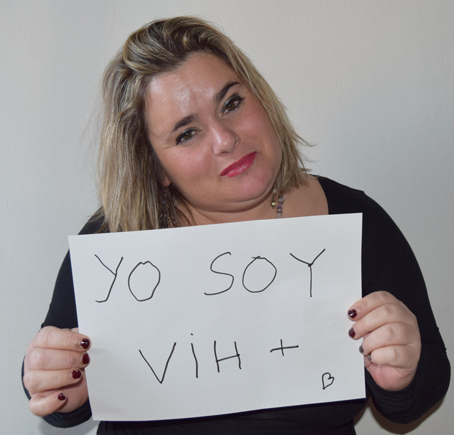
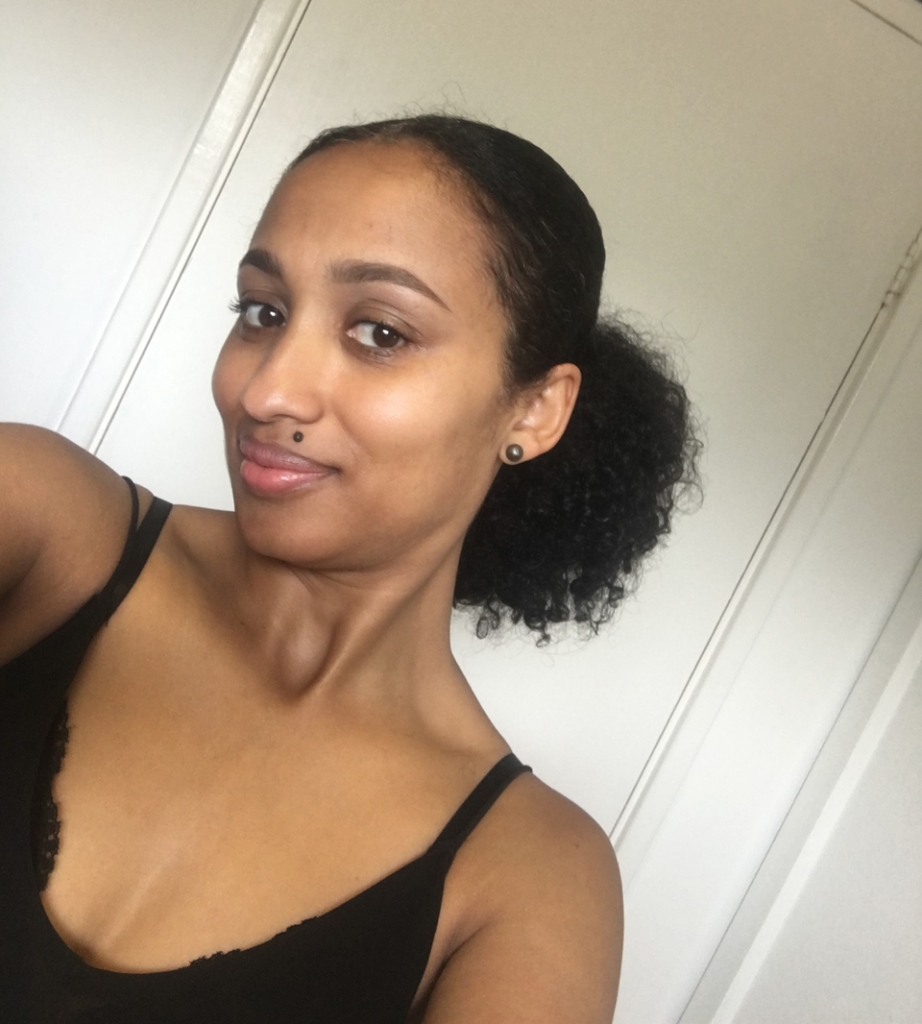
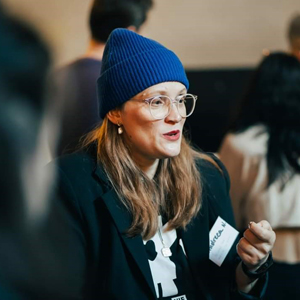
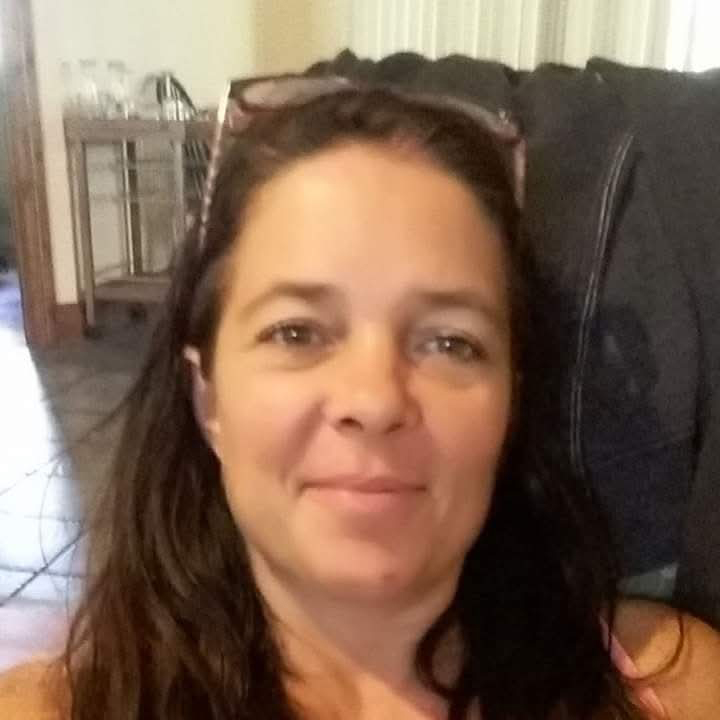
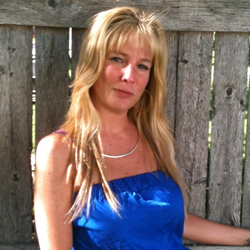
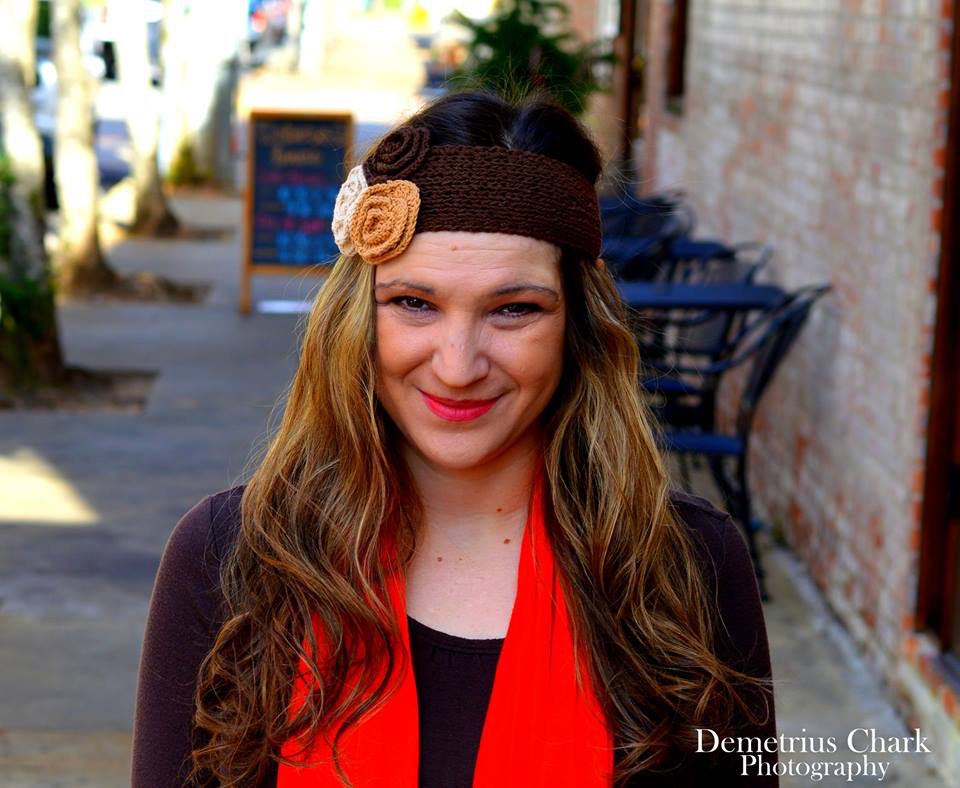
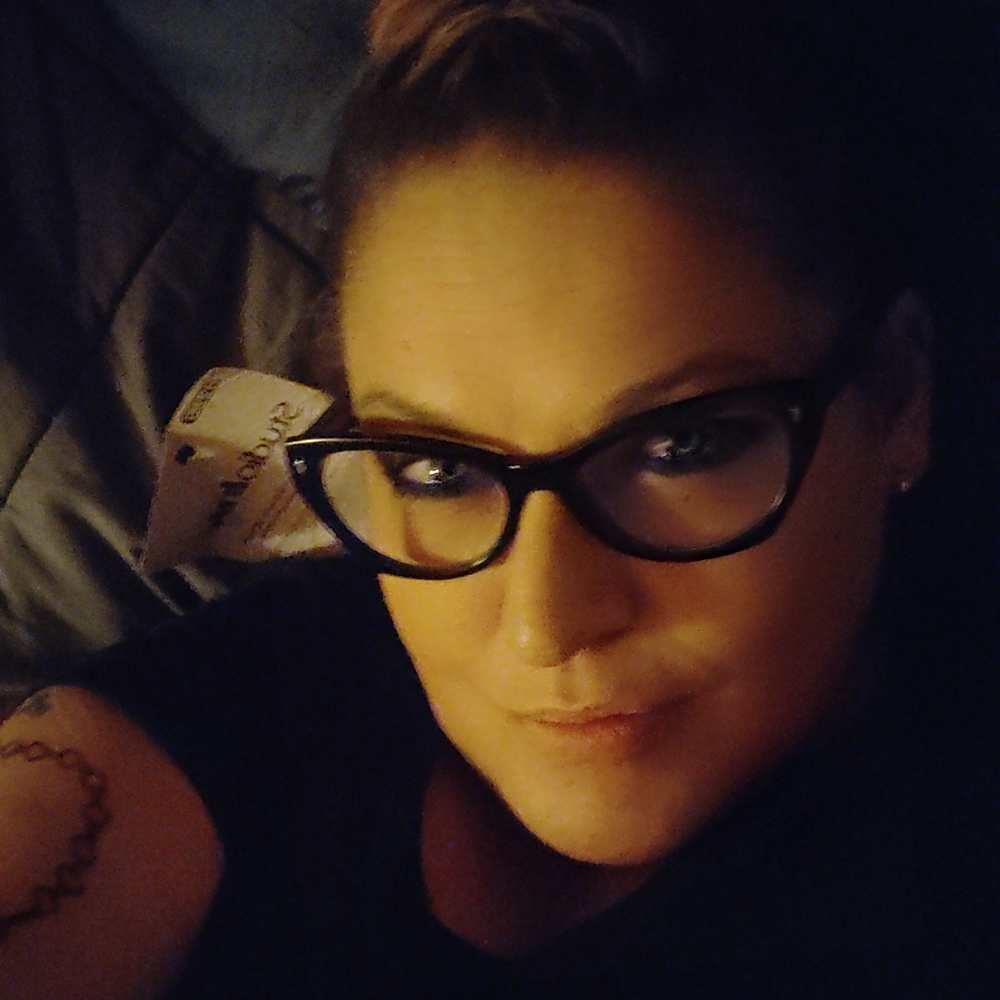
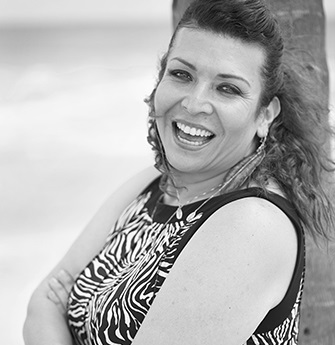
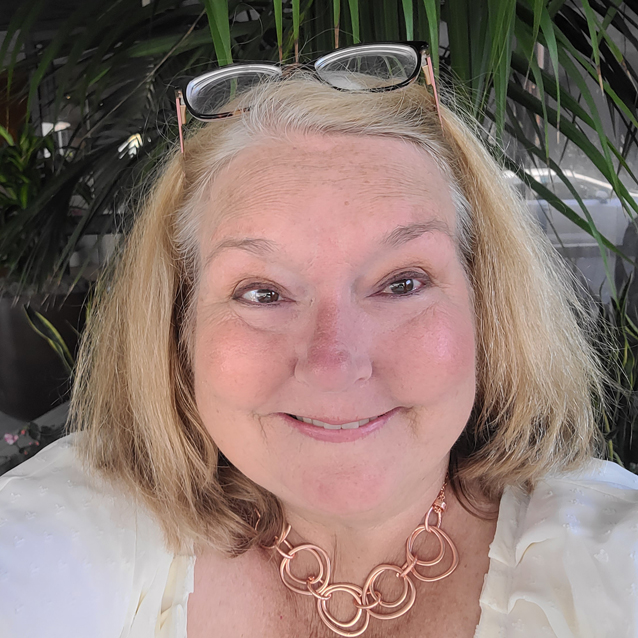
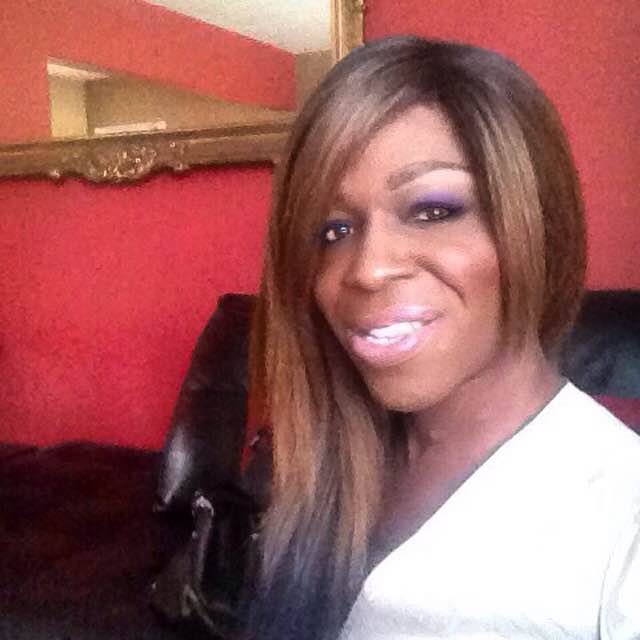
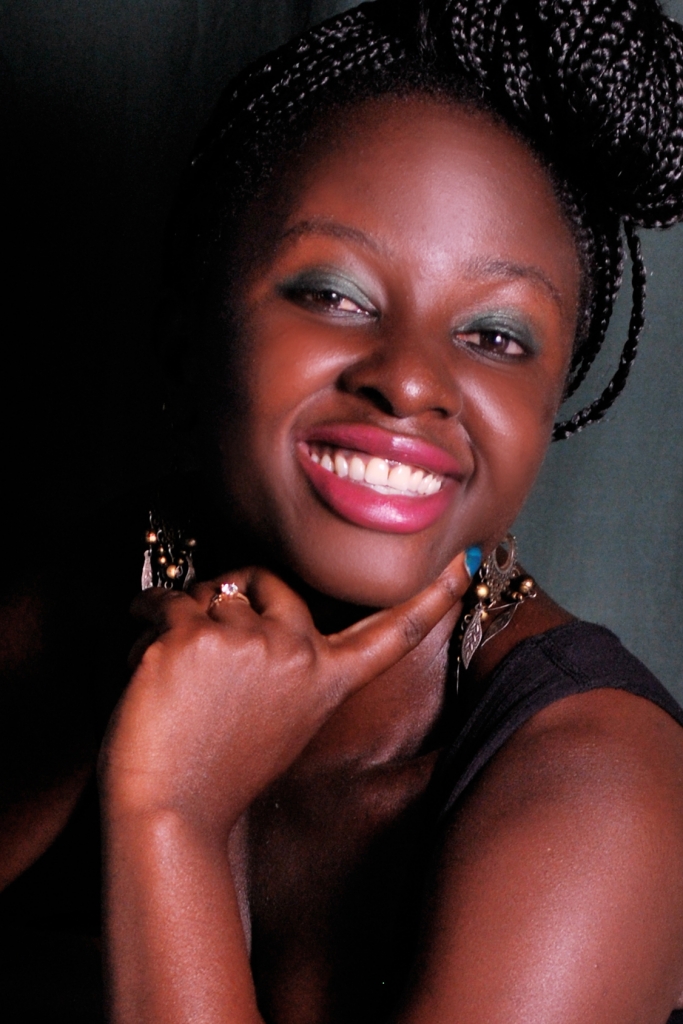
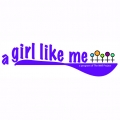
Truly inspiring
This blog truly resonated with me—it brought back memories of the first time I disclosed my HIV status to my family and friends. It was emotional, vulnerable, but also empowering. Like the blog says, it’s not about asking for permission, but about honoring your truth—and that reminder really touched me.
Thank you so much for this,…
Thank you so much for this, Aunty Lou. This topic is so real and layered, and you handled it with so much care and wisdom. It brought me right back to the first few times I had to disclose my status to someone new I was dating.
The very first time, he was a gentleman—kind, respectful, and open. It gave me so much hope. I thought, “Okay… maybe this won’t be as hard as I feared.” But the second time was a completely different experience. As soon as I told him, he started saying “No. No. No. No.” over and over, looking terrified. Then he literally ran, jumped in his truck, and by the time he got to the end of the road—I was blocked. It was humiliating. And honestly, it could’ve been dangerous.
Reading your blog reminded me how important it is to choose our timing—not out of pressure, but out of our own readiness and safety. That’s the part I wish more people understood: disclosure is an act of courage, not a confession. And we deserve empathy in return—not fear.
Thank you again for writing this. These conversations matter so much.
💜🧁
Beautifully said
The way you put words together is music to my ears. I think this is a great reminder that you are not your diagnosis. I have been disclosing my status since the age of 15 when I found out my diagnosis. It was rough in the beginning but overtime it became empowering and I shifted my narrative. Everyone deserves love in the most authentic way.
it can be so hard but can lead to great things
thank you so much for this blog and giving so many folks hope. it is truly beautiful to watch how disclosure, even when it is scary and vulnerable, can open the door to unconditional love from another human. the pictures of you and your boo are the icing on the cake!!
well done!
Love this.